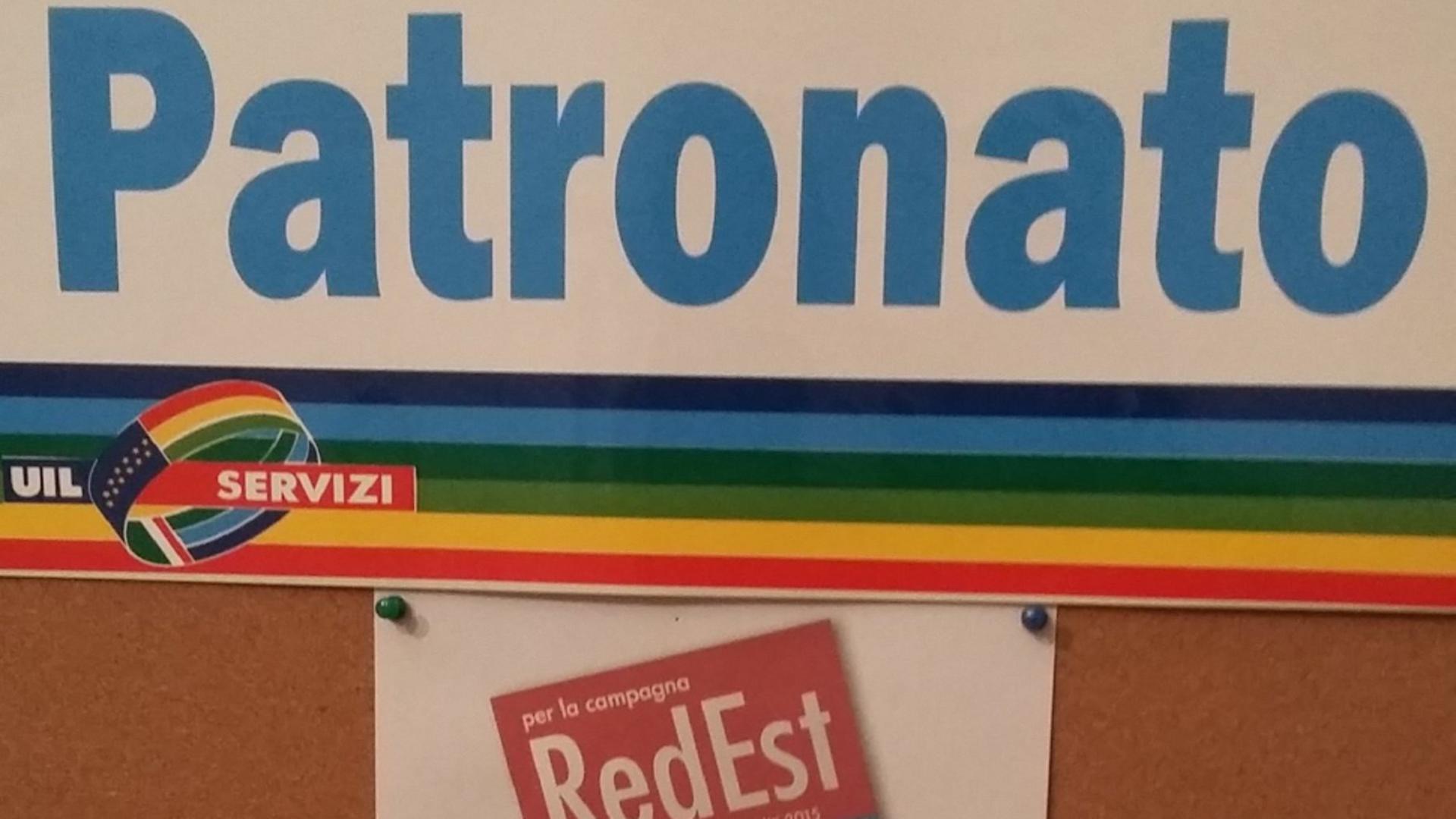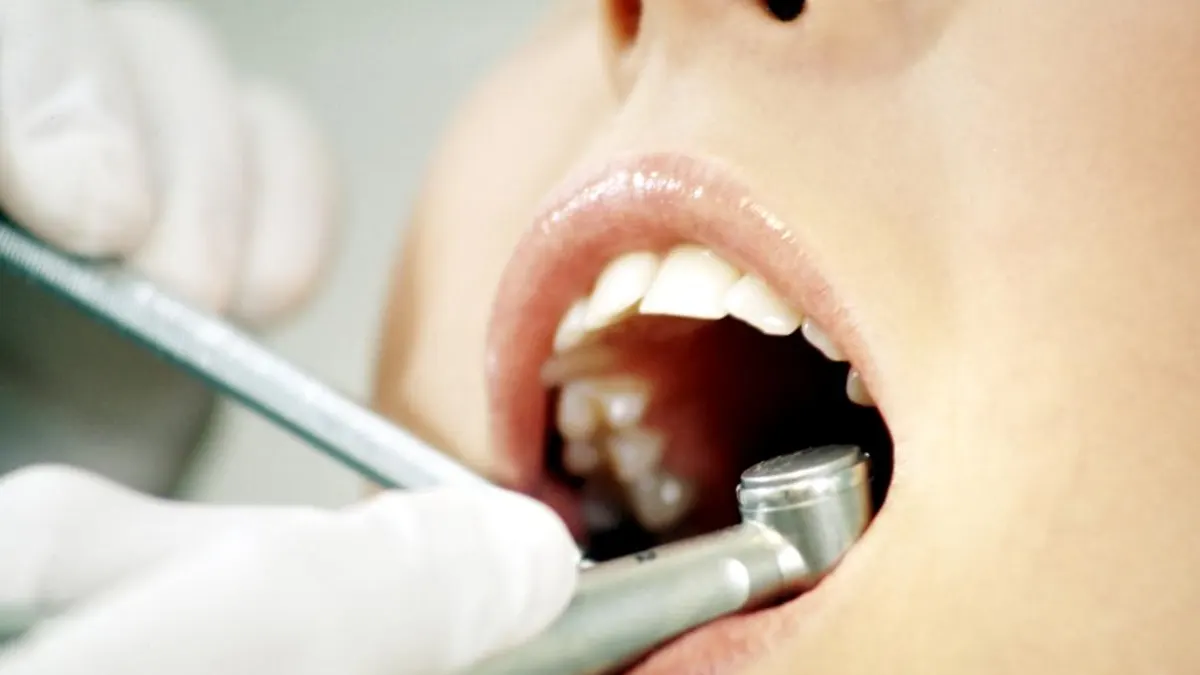Shortly after wrapping up an inaugural legislative session in 2019 that included hiking the state’s minimum wage, legalizing cannabis and passing a historic $45 billion statewide construction program supported by expanded gambling and a host of increased taxes and fees, Gov. J.B. Pritzker sought to reassure a group of Chicago business leaders that he wasn’t just another tax-and-spend liberal.
Addressing the Executives’ Club of Chicago, Pritzker, a billionaire heir to the Hyatt Hotels fortune and a prominent tech investor, said he would pursue a “rational, pragmatic, progressive agenda” that ultimately would pay dividends for the state budget and Illinois’ economy.
“I’m a businessman. I’m a progressive. I’m a believer in growing the economy and lifting up people’s wages,” Pritzker said at the time.
Now in his second term and preparing to play host to this summer’s Democratic National Convention in Chicago, while also eyeing his own future White House run, Pritzker’s identity as a self-described “pragmatic progressive” is being put to the test. The state faces its most challenging budget outlook since the first year of the COVID-19 pandemic, the governor continues to grapple with controversies over his handling of criminal justice issues and leaders on both sides of the political divide say Pritzker’s approach sometimes falls short of fully addressing the state’s biggest problems.
The latest assessment of Pritzker’s strategy will undoubtedly play out in Springfield in the coming weeks.
With March primaries come and gone, work is underway in earnest on approving a state spending plan for the coming budget year before the General Assembly’s scheduled May 24 adjournment. The proposal Pritzker laid out in February attempted to build on past progressive successes — such as last year’s expansion of state-funded preschool programs — without overpromising and potentially jeopardizing the state’s hard-won credit upgrades, a core accomplishment the governor guards jealously.
It’s a balancing act that’s key to Pritzker’s political persona as he builds his national profile, and one that will hinge on the governor’s ability to satisfy Democratic lawmakers who want more money for their legislative priorities while not resorting to the kinds of budgetary gimmicks that created the state’s long-running fiscal instability.
“Obviously the governor and his administration carry forward sort of a number of elements of the core progressive banner in terms of policy and program, and that’s a part of an identity,” said Joe Ferguson, president of the Civic Federation, a nonpartisan budget watchdog. “What is not usually coupled with that identity is fiscal responsibility. … This sort of fiscal responsibility is a kind of kryptonite against the narrative that would usually come from conservatives.”
‘Isn’t room for other spending’
While Pritzker promotes the “pragmatic progressive” agenda publicly, he also pushes it privately. In a February text to state Rep. Jehan Gordon-Booth of Peoria, the top budget negotiator for the House Democrats, the governor noted that “almost all of the few new things” he was introducing in his budget plan were at “no cost (or very low cost).”
“There is a bunch of stuff focused on the Black caucus, including addressing maternal mortality,” Pritzker wrote to Gordon-Booth in the message, obtained through an open-records request. “But there really isn’t room for other spending this year.”
Indeed, Pritzker’s plan both dabbles in progressive priorities — a child tax credit and a sales tax measure that will skim some funds away from big retailers — while also keeping an annual increase in school funding to the minimum amount required by law and steering clear of more structural tax changes pushed by progressives.
A few points the governor made in his proposal seemed tailor-made for bipartisan appeal: a $12 million child tax credit for low- and moderate-income families and the elimination of the state’s 1% sales tax on groceries.
While also popular with Republicans, elimination of the grocery tax has progressive appeal because Pritzker has framed it as an effort to abolish a regressive tax that hits those on the lowest rungs of the economic ladder the hardest. It’s also a tax cut that is easier on the state’s bottom line in a tight budget year because revenue from the tax flows not into the state’s coffers but to local governments.
Republican state Rep. Donald DeWitte, left, listens during the Joint Committee on Administrative Rules meeting in Chicago, Oct. 17, 2023. (Eileen T. Meslar/Chicago Tribune)
The day after Pritzker’s budget address in February, state Sen. Donald DeWitte, a St. Charles Republican, said he was “thrilled” Pritzker proposed scrapping the grocery tax, but he said the governor should also be devising a way to ensure local governments don’t pass the burden of the lost revenue onto residents. While it’s possible Pritzker could be trying to appease the GOP, the proposal doesn’t go far enough, DeWitte said.
“Any opportunity to take stress off of Illinois families is a good thing,” said DeWitte, a former mayor of St. Charles who also serves as one of the Senate GOP’s budget negotiators. “But there are always ramifications that have to be dealt with, and so far, I don’t think the administration has been willing to deal with the ramifications of simply removing that tax without considering the other side of that revenue equation, which is the hit that will go to local governments.”
The Civic Federation still is evaluating the governor’s budget proposal, including the idea of eliminating the grocery tax, but Ferguson said it’s important to look at that idea in the full context of all the state funds that flow to local governments.
“You have to do the math on what additionally has been sent to the local level with what is essentially being taken away with the grocery tax and see what it amounts to,” Ferguson said. “It amounts to a far less dire situation than the localities appear to be projecting.”
Another idea with the potential to attract Republican support is the child tax credit. But both DeWitte and some progressives find themselves in the odd position of agreeing with each other in supporting the idea but also thinking it could be more ambitious.
“The governor has allocated $12 million for this, and that just doesn’t get you very far,” said state Rep. Will Guzzardi, a Chicago Democrat who co-chairs the House Progressive Caucus.
Democratic state Sen. Mike Simmons of Chicago has introduced a more robust tax credit than the one pitched by Pritzker; it would cover families with children up to age 17, rather than age 3.
Negotiations for the credit, as well as the rest of the budget, are ongoing.
“It was a win that the governor put this in his budget. It allows us to have this discussion at another level,” Simmons said.
Tight fiscal reins
Several of the governor’s belt-tightening measures — from increasing school funding by the bare minimum to cutting back on state-funded health care for immigrants who are in the country without legal permission — have drawn scrutiny from his political left.
While Pritzker speaks frequently about the importance of education funding and brags about boosting funding for elementary and high schools by more than $1.4 billion since taking office, the reality is that he’s only kept up with the minimum target of increasing state funding by $350 million per year.
Advocates long have warned that those increases are not enough to meet the state’s goals of adequately funding public schools under a state aid formula signed into law in 2017 by his predecessor, Republican Gov. Bruce Rauner.
Failing to go above the minimum increase has been a long-running source of frustration for Rep. Will Davis, a Democrat from south suburban Homewood who was one of the sponsors of the 2017 school funding overhaul and chairs the House Appropriations Committee that oversees K-12 funding.
“We tried to put a trajectory out there to try to get to full funding. And the reality, I don’t think we’ll ever actually get to that,” said Davis, who for years has pushed for at least a $500 million increase annually. “But we have to make bigger strides to at least show that we’re trying to get to what we would call full funding.”
Although Davis notes the education funding formula was crafted when Rauner, not Pritzker, was in office, the Democratic lawmaker said that doesn’t alter his overall message to Pritzker.
“Governor, why not work with us? Let’s make sure that we find the resources so that we can ramp up the funding in a different way,” Davis said a few days after Pritzker pitched his budget.
Democratic lawmakers applaud as Gov. J.B. Pritzker delivers his State of the State and budget address before the General Assembly at the Illinois State Capitol, Feb. 21, 2024. (Brian Cassella/Chicago Tribune)
This year, Pritzker and state lawmakers will face added pressure to boost school funding from the politically progressive Chicago Teachers Union, which has signaled it will be looking to Springfield for more money for Chicago Public Schools as it negotiates a new contract with a City Hall run by its strongest ally, Mayor Brandon Johnson.
Tensions between Pritzker’s progressive ideals and his pragmatic approach also have arisen over state-funded health insurance for older Illinois residents who are in the country without legal permission.
The debate over how to deal with ballooning costs in the program delayed passage of the state budget last year, a dispute between Democratic factions — including Black and Latino lawmakers and moderates and progressives — that was only resolved when Pritzker agreed to a deal that gave his administration the power to rein in the program’s costs.
His moves to close enrollment for younger participants, begin charging co-pays and, more recently, to stop offering the program to green card holders who are in a five-year waiting period for federal Medicaid benefits, have drawn the ire of immigrant rights and health care advocates and some progressive lawmakers.
Last month, for example, Rep. Norma Hernández, a Democrat from Melrose Park elected in 2022 with the backing of progressive stalwart U.S. Rep. Jesús “Chuy” García, criticized the latest move as a “short-term cost-saving measure, not a long-term” solution.
In his proposal, Pritzker suggested spending on the program from the state’s general fund be reduced to $440 million, which is $110 million less than what was committed this fiscal year. But the administration is also proposing spending nearly $200 million more on the program from other funding sources, with much of that money coming from a federal match to emergency services funding.
The maneuvers have created some dissonance between Pritzker’s actions and political rhetoric. In a news release touting the expansion of eligibility to those ages 42 to 54 in 2022, he declared: “From day one of my administration, equity has been — and will always be — our north star. Everyone, regardless of documentation status, deserves access to holistic health care coverage.”
‘Grow the pie’
In the longer term, some progressives are looking for additional moves that would bring in more revenue from the richest Illinoisans and large corporations, Guzzardi said.
A tax change for retailers was one example that made it into the proposed budget, Guzzardi said. Pritzker proposed capping the money retailers can keep from sales taxes, essentially resulting in higher taxes for those businesses and more revenue for the state.
State Rep. Will Guzzardi, left, and Illinois Secretary of State Alexi Giannoulias talk before Gov. J.B. Pritzker delivered his State of the State and budget address on Feb. 21, 2024. (Brian Cassella/Chicago Tribune/pool)
Beyond that, progressives have other ideas “about how we could grow the pie,” Guzzardi said.
“The governor’s introduced budgets don’t include those ideas, that’s true. But working within the framework of the dollars that we have, I think the governor has done a really strategic job of investing those dollars in our shared progressive priorities,” he said.
Since Pritzker’s boldest progressive proposal to change the state’s tax structure — a state constitutional amendment to create a graduated-rate income tax — was resoundingly defeated at the ballot box in 2020, thanks in large part to efforts by the state’s business community, the governor has focused on more arcane ways of boosting state tax revenue.
Aside from the retailer sales tax change for next year, an idea that’s been proposed and rejected previously, Pritzker is also suggesting limiting an inflation-based increase in the personal income tax exemption, essentially increasing taxes on individuals by $93 million.
Prisoner Review Board tumult
The state budget isn’t the only arena in which Pritzker at times has had to triangulate his progressive policy positions with pressures from the political center and the right.
Recent tumult at the state Prisoner Review Board brought the spotlight back on the Pritzker-controlled institution that decides which state prisoners are paroled.
The makeup of the Prisoner Review Board has changed noticeably during Pritzker’s time in office — early on being labeled by Republicans as too liberal and later being criticized by some prisoners’ rights and criminal justice reform advocates for taking too hard of a line and preventing older inmates from getting the paroles they sought, moves conservatives applauded.
But in March the review board became a focus yet again when parolee Crosetti Brand was charged with stabbing 11-year-old Jayden Perkins to death and seriously injuring his mother, with whom Brand used to be in a relationship.
Released on parole in October for a separate crime, Brand was back in state custody in February after he allegedly tried to break into the residence where Jayden and his mother lived. But a three-member review board panel decided to release Brand after determining the panel didn’t have enough evidence from Jayden’s mother’s allegations to keep him behind bars.
Days after the attack made headlines, the board’s chairman, Donald Shelton, and another member resigned.
In announcing one of the resignations, Pritzker said it was clear “that evidence in this case was not given the careful consideration that victims of domestic violence deserve” and suggested reforms could be made to the way the board functions.
Gov. J.B. Pritzker departs with first lady M.K. Pritzker after delivering his State of the State and budget address, Feb. 21, 2024. (Brian Cassella/Chicago Tribune)
For Pritzker, the resignations should be “a feather in his cap,” showing that he’s willing to admit there was a grave mistake within an agency that falls under his purview, said Christopher Mooney, an emeritus professor of political science at the University of Illinois at Chicago.
But Mooney also said the board’s actions in the Brand case could entice Republicans or any other detractors to politicize Jayden’s death and use it against Pritzker if he tries to run for president.
It’s been done before, Mooney said, referring most notably to the 1988 presidential election when Republican George H.W. Bush used the early release of Willie Horton, a Massachusetts murderer who went on to commit other crimes, to paint Democrat Michael Dukakis as soft on crime.
Already, Senate Republicans have used Jayden’s death against the governor.
Illinois Sen. Jason Plummer, a Republican from Edwardsville who sits on the Executive Appointments Committee, blamed Pritzker in two lengthy social media threads about the board’s shortcomings, criticisms he echoed at a news conference and in an appearance on Fox News.
Although Pritzker called for additional training for review board members on how to handle cases where domestic violence is involved, the Senate Republicans are pushing for broader changes.
Their proposal includes requiring that appointees to the board have 20 years of experience in the criminal justice system as a prosecutor, criminal defense attorney, judge, probation officer or public defender. The GOP plan also would require victims be immediately notified of a prisoner’s release under certain circumstances and increase transparency requirements for the board.
While Senate Republicans were previously successful in 2022, when crime was a key campaign issue both statewide and nationally, in pressuring Democratic colleagues to oppose a couple of Pritzker’s appointments to the board, it’s unclear whether the GOP’s superminority will be successful again.
But Mooney and other observers have questioned how effective the Republicans will be.
“As it stands right now, it doesn’t sound like it’s going to go very far,” Mooney said the day after the board’s resignations were announced. “No. 1, because Pritzker’s all over it.”





